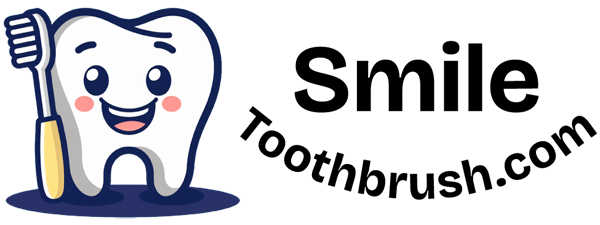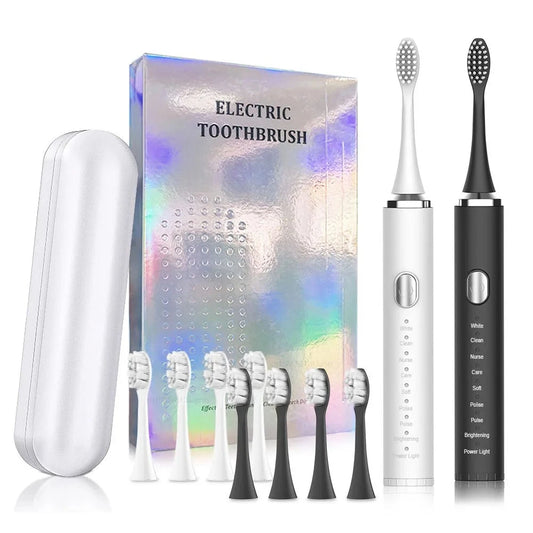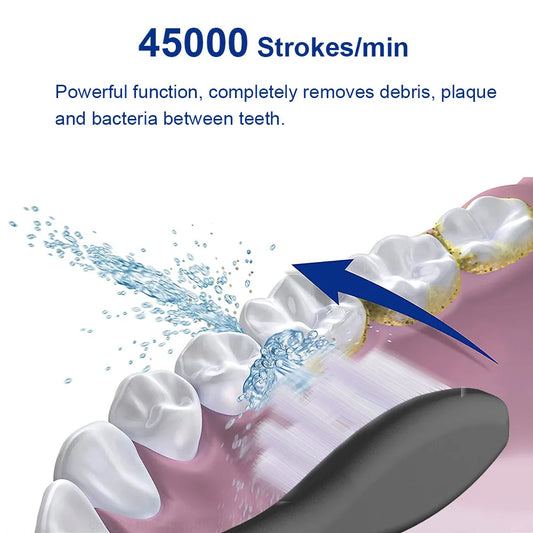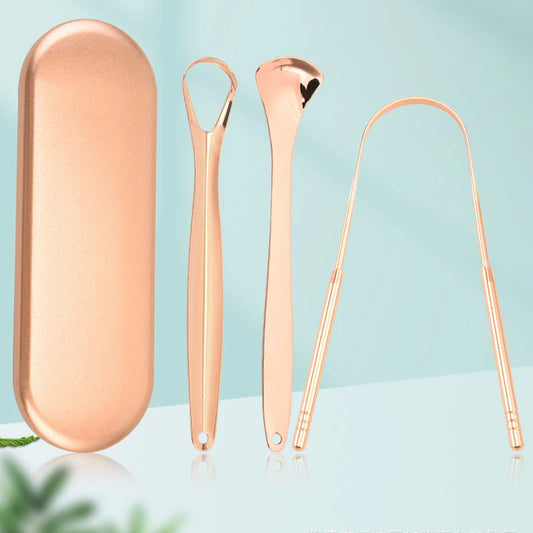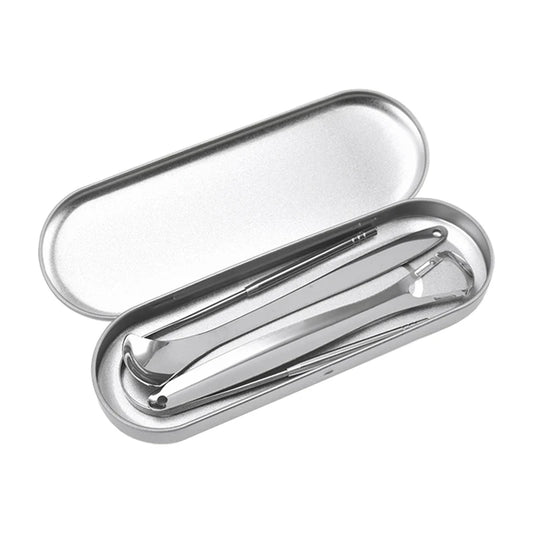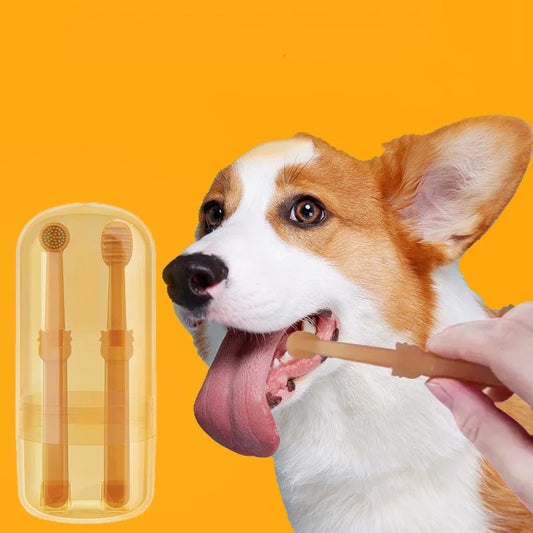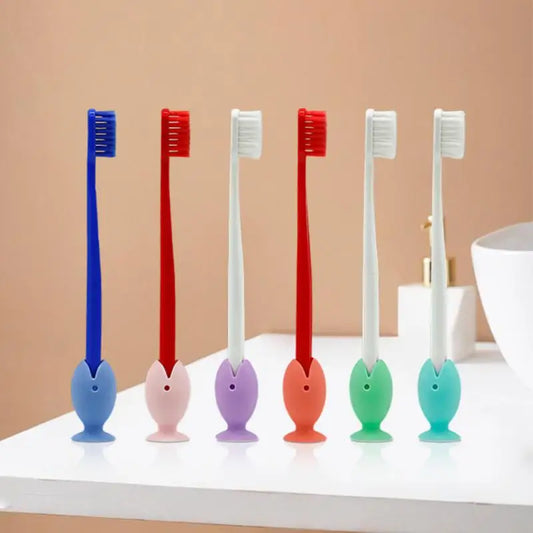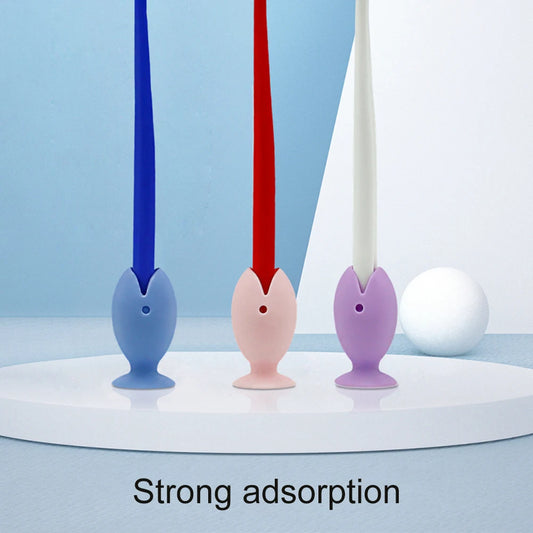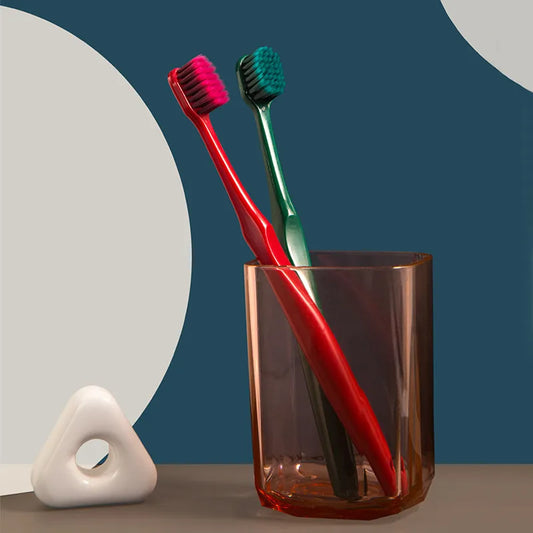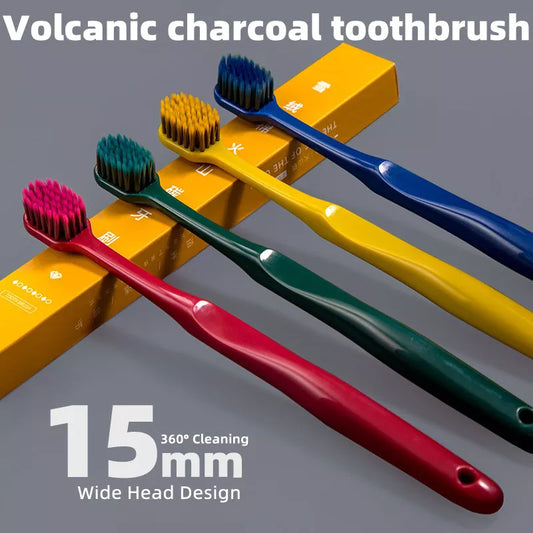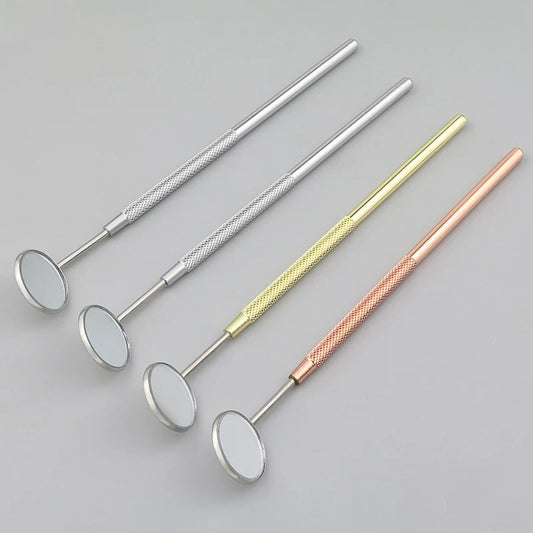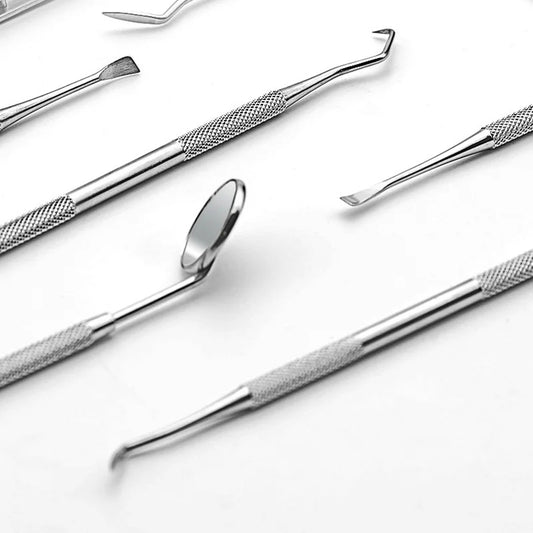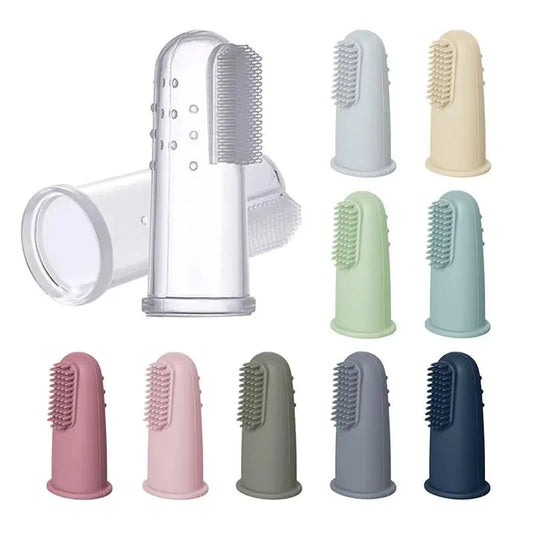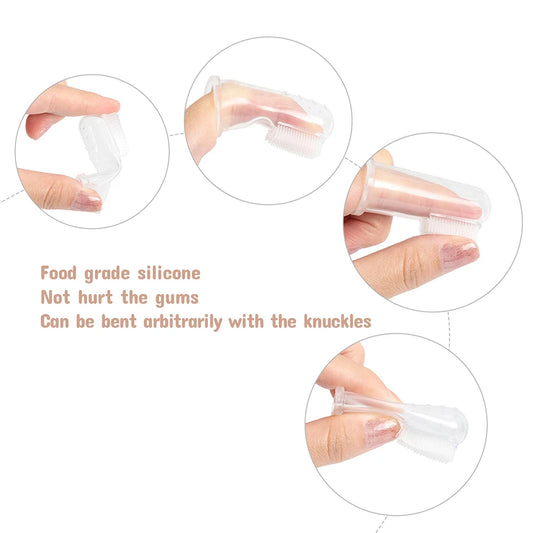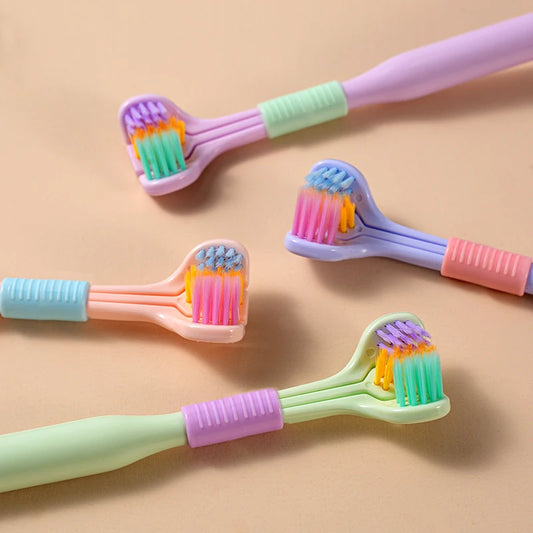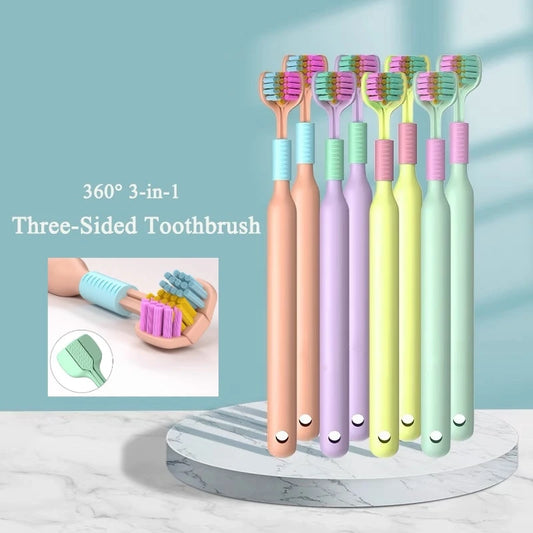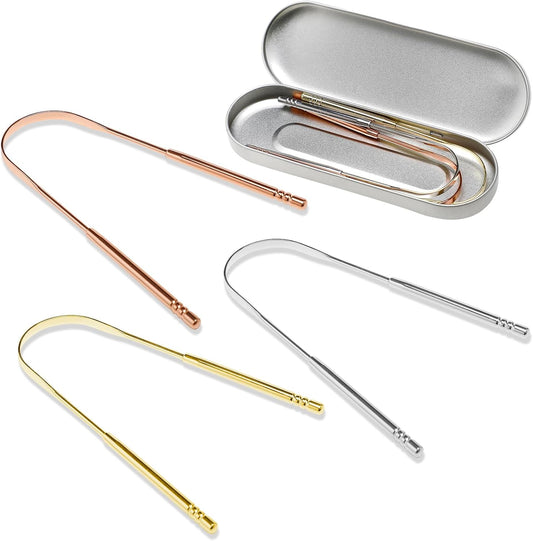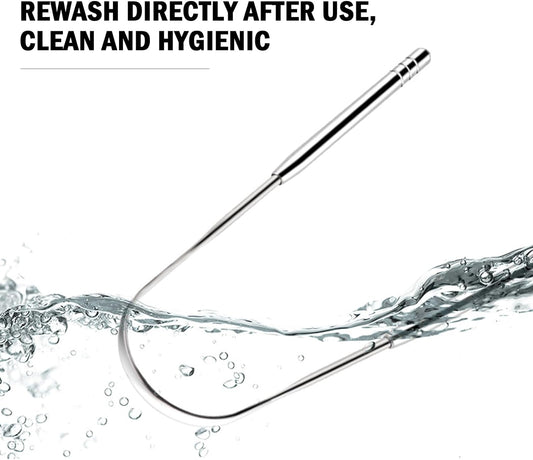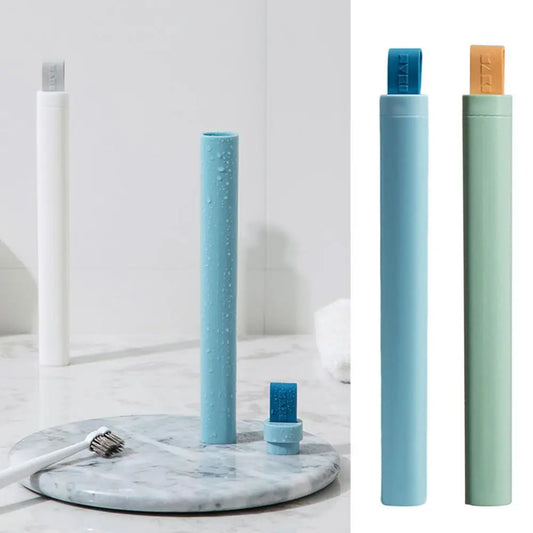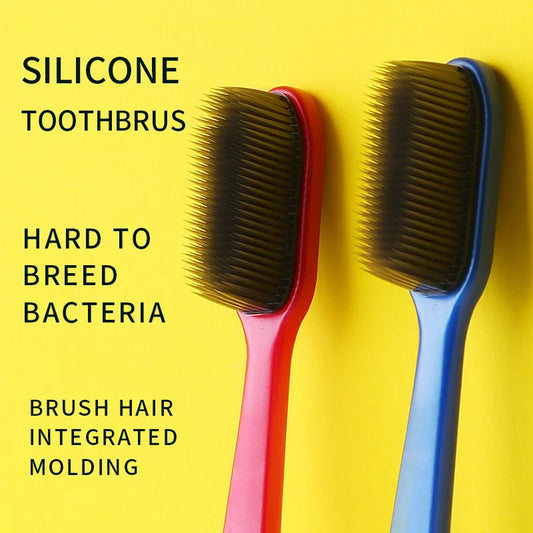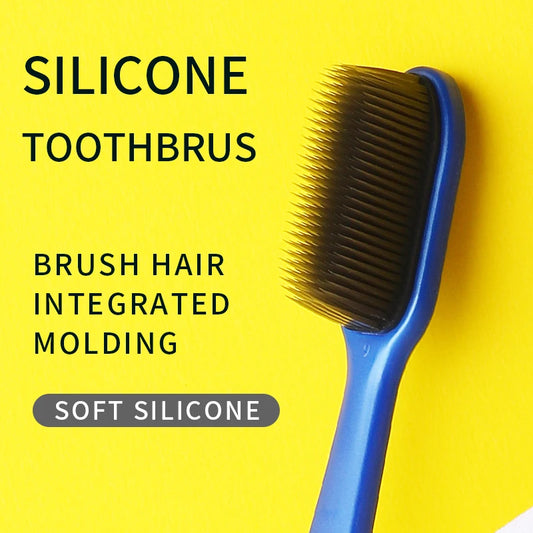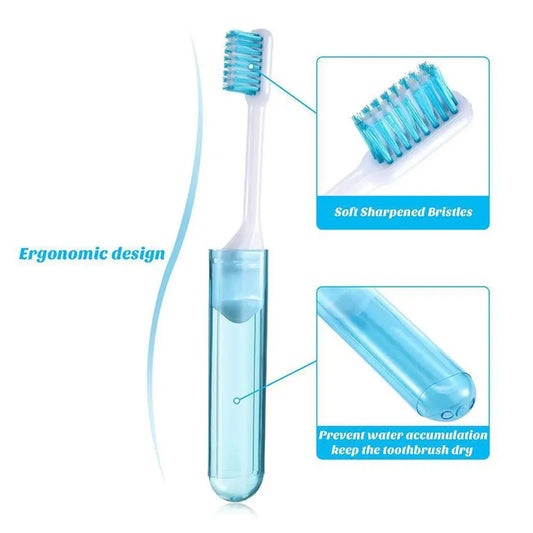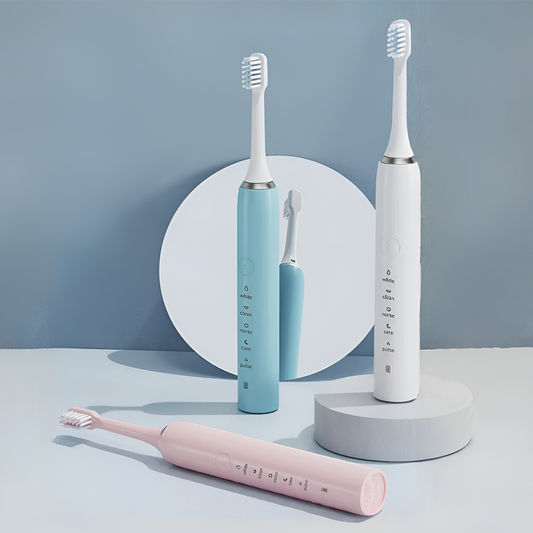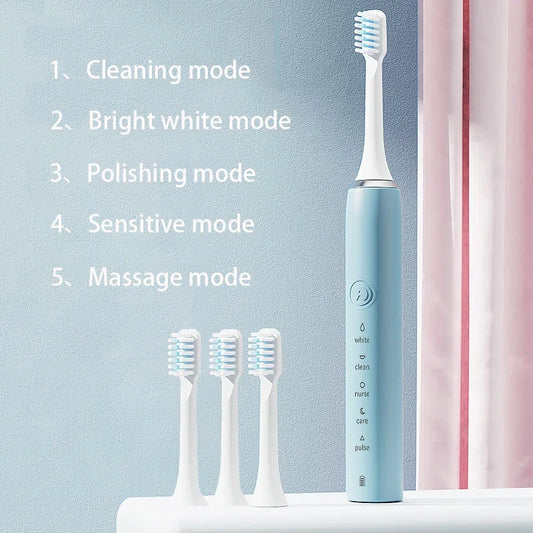In the realm of oral hygiene, mouthwash often finds itself in the spotlight, touted as a crucial component of a complete dental care routine.
However, amidst the marketing claims and widespread beliefs, it's essential to separate fact from fiction when it comes to the role of mouthwash in maintaining oral health.
Myth: Mouthwash is necessary for a healthy mouth.
Fact: While mouthwash can be a beneficial addition to your oral care routine, it is not essential for everyone. Brushing twice daily with fluoride toothpaste and flossing are the primary pillars of good oral hygiene.
Mouthwash can complement these practices by providing additional cleaning and freshening breath, but it should not replace brushing and flossing.
Myth: Mouthwash kills all bacteria in the mouth.
Fact: Mouthwash can help reduce bacteria in the mouth, but it does not eliminate all of them. Some bacteria are beneficial for oral health, contributing to the balance of the oral microbiome.
Using mouthwash excessively or with harsh antibacterial agents may disrupt this balance, potentially leading to oral health issues such as dry mouth or an overgrowth of harmful bacteria.
Myth: Mouthwash prevents gum disease and cavities.
Fact: While mouthwash with fluoride or antimicrobial agents can help prevent cavities and gum disease when used as part of a comprehensive oral care routine, it is not a standalone solution. Proper brushing, flossing, and regular dental check-ups are essential for maintaining healthy teeth and gums.
Mouthwash can be a useful adjunct to these practices, but it should not be relied upon as the sole method of prevention.
Myth: Alcohol-free mouthwash is ineffective.
Fact: Alcohol-free mouthwash can be just as effective as alcohol-containing mouthwash in reducing bacteria and freshening breath. In fact, alcohol-free formulas are often gentler and less likely to cause irritation or dryness of the mouth.
Look for mouthwash containing fluoride or antimicrobial agents, such as chlorhexidine or cetylpyridinium chloride, for optimal oral health benefits.
In conclusion, while mouthwash can be a valuable addition to your oral care routine, it is not a substitute for brushing, flossing, and regular dental check-ups.
Choose a mouthwash that fits your needs and preferences, whether it's fluoride-based for cavity prevention, antimicrobial for gum health, or alcohol-free for gentle cleansing. Remember to use mouthwash as directed and in conjunction with other oral hygiene practices for a healthy and radiant smile.
